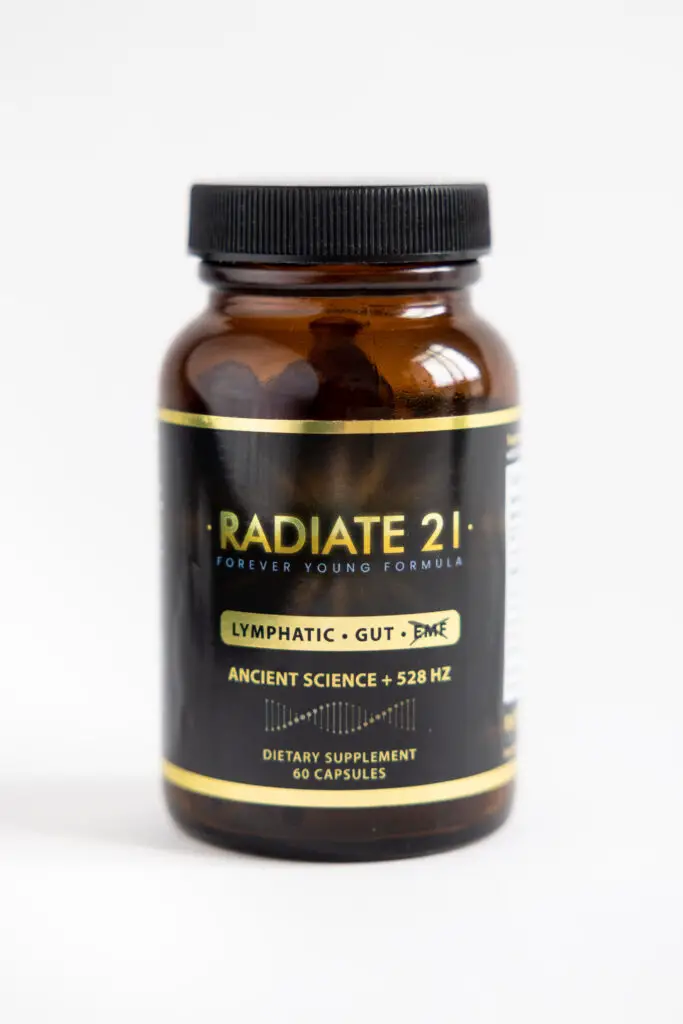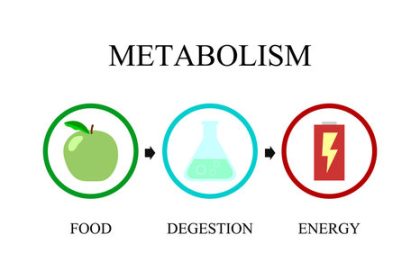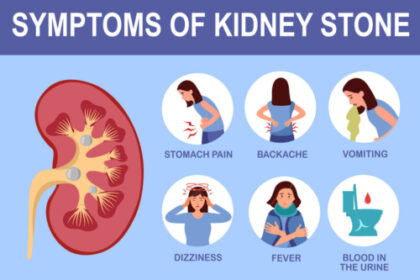Vitamin C is extremely important for our health, but since it’s a water soluble vitamin, our body is unable to store it. Which is why it makes sense to take various Vitamin C supplements, as they can actively help improve your health. Vitamin C is actually very helpful when it comes to repairing tissues, keeping your teeth and bones healthy, and it can also help you absorb iron. Some people might not have real Vitamin C readily available, so they want to use synthetic Vitamin C or ascorbic acid. But is this a good idea or not?
Understanding What Ascorbic Acid is
At its core, ascorbic acid is synthetic Vitamin C and it’s mostly derived from GMO corn. Studies have shown that Vitamin C can be dangerous if you consume it in high amounts, but also that ascorbic acid is also problematic, mostly due to its nature. There are warnings however which show that supplements have ascorbic acid which ends up inducing damage to your organs, even your heart. Vitamin C is an antioxidant, but synthetic Vitamin C is not that.
Instead, this is a redox agent, which is a pro-oxidant in some cases and an antioxidant in other cases. The dual nature of this compound shows that there can be problems, and it’s very important to tackle this situation with the right approach, if you want to avoid any problems. Real Vitamin C doesn’t have any oxidizing effects. However, vitamin C supplements can be linked to genetic damage, with studies being available on this topic since the 1970s. That shows issues can arise and you can end up with various problems, something you really want to avoid.
Is synthetic Vitamin C isolated?
Most of us think that real Vitamin C is actually containing regular vitamin compounds acquired from fruits. That’s not the case. Most, if not all synthetic Vitamin C that you can find in multivitamins is made using synthetics. These are man-made compounds and not something you can find in nature. Yet despite that, manufacturers still claim that these are natural thanks to their unique features and properties. It’s a very important aspect to take into consideration, and overall you will find this incredibly unique, but also false.
The reason behind that is that synthetic Vitamin C is not made in the same way as the natural vitamin C is. It doesn’t have the same compounds during the manufacturing process or once the process is completed. Instead, as we mentioned earlier, it relies on corn starch that’s broken down using hydrochloric acid, acetone, enzymes and heat. All of these show that there are plenty of chemicals involved in the creation process. That’s far from being different in any way.
Can You Find Ascorbic Acid in Nature?
Yes, ascorbic acid can be found in nature, but it’s very hard to find it naturally. The reason for that is because it’s a part of a phytonutrient complex. They are all added up to deliver natural Vitamin C. So it’s not exactly readily available and you can use it on the spot. There are some challenges related to this, but in the end it’s easy to see ascorbic acid is found in nature, albeit in limited amounts.
What’s interesting to note about phytonutrients is that these compounds are very helpful, they prevent infections and disease. You can find phytonutrients in veggies and fruits. In fact, some of the natural Vitamin C sources include things like bioflavonoids, Rutin, P, J or K factors, tyrosinase, ascorbigon, but also ascorbic acid. These are all designed to work together and bring you the necessary amount of Vitamin C.
On the other hand, real vitamin C can be found in pasteurized foods, vitamins, fortified foods and many others. This is exactly what your body wants, but it’s available in a very low amount. And that’s why ascorbic acid is not ideal. Aside from the fact that it’s using various chemicals during production, which are then paired with it and the end product.
PaleoValley Has an All Organic Vitamin C Supplement That is 15% off Right Now By Clicking This Link Right Now!! While supplies last.
Is synthetic Vitamin C dangerous?
There are many different reasons why you want to avoid ascorbic acid or any synthetic Vitamin C in general. One of the main issues is that it’s not processed like the regular mineral ascorbate. That means it’s possible to upset your stomach, especially if you have a very sensitive stomach. On top of that, if you take too much of it, you can end up with flatulence, acid reflux, maybe even a higher amount of acid in your stomach and bloating. These are problems that can appear more and more often if you continue using ascorbic acid.
Another important aspect to consider here is the fact that the higher the ascorbic acid dosage you opt for, the lower the absorption rate you will have. Not only that, but it seems that the vitamin C benefits tend to be negated since you are opting for a synthetic version. Then there’s also the fact that ascorbic acid is linked to DNA damage. Synthetic Vitamin C is also increasing oxidation in many cases, instead of keeping it at a lower rate. That’s why you want to understand it’s not exactly safe to rely solely on synthetic Vitamin C.
While it might seem like the easier option, the truth is that nothing can truly replace real Vitamin C. Yes, in some cases it might be harder to get, but in the end it’s what will give you the most benefits and results. It makes a lot of sense to always focus specifically on improving your health if possible. That’s why it’s a very good idea to shift from synthetic to real Vitamin C.
Does your body treat ascorbic acid like a toxin?
At first, that won’t be the case. But as you rely more and more on it instead of vitamins, the absorption rate becomes lower and lower. Your body is not seeing ascorbic acid as something helpful. And eventually our body always tends to treat any synthetic vitamins as toxins. It will pour a lot of energy and time in removing them. It becomes less effective over time so ultimately you become deficient in vitamin C.
That’s why going for the real Vitamin C is the ideal option. It protects your body and it also keeps you safe. Plus, it’s the best approach since you get to ensure you eat healthily and any supplements you take will do you good and not harm. There are tons of great Vitamin C sources, from peaches to citrus fruits, kiwi, dark leafy greens, broccoli, strawberries, papaya, all of these are amazing and certainly something to keep in mind. That’s why you have to check them out for yourself.
PaleoValley Offers an Organic Vitamin C supplement that is 100% organic and 15% off Right Now At This Link (Click Here)
Conclusion
As you can see, ascorbic acid and synthetic vitamins in general are not ok. They might seem like a good solution at first, but in the end they will end up causing harm. Their absorption rate becomes slower and slower, and on top of that you will deal with a variety of different side effects. That’s why you always need to go solely for real Vitamin C sources. There are plenty of fruits and veggies you can eat in order to cover your Vitamin C necessities during the day. So don’t rely on synthetic Vitamin C, as there are natural options which are way better such as essential C complex from PaleoValley below..
PaleoValley Offers an Organic Vitamin C supplement that is 100% organic and 15% OFF Here Right NOW (Click Here While Supplies Last)
Another Great Whole Food Vitamin C Supplement:
If you’re looking for a well-rounded source of vitamin C you might enjoy Radiate 21. This formula contains lemon, lime and orange extracts which are rich in vitamin C, along with Camu Camu Berry which is one of the richest sources of vitamin C on earth. The formula also contains 17 other ingredients for gut health, lymphatic health and EMF protection. You can learn more by visiting Radiate21.com. It’s a complete formula with vitamins, minerals, antioxidants and adaptogens all in one. It’s a really great way to simplify your supplement cabinet routine and save some money in the process.





